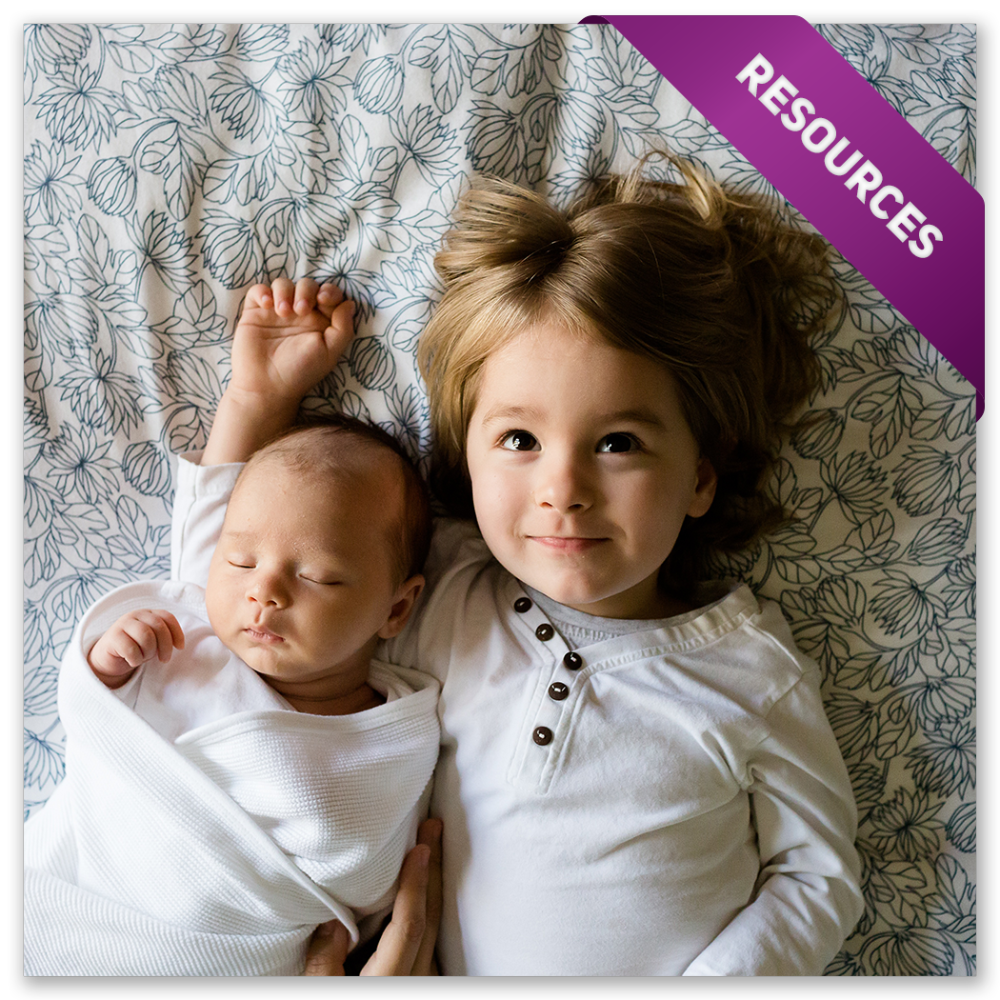
Intergenerational Programming for Young Children and Older Adults: An Overview of Needs, Approaches, and Outcomes in the United States
Abstract
According to Generations United, a leading organization focused on improving the lives of children, youth, and older people through intergenerational strategies, intergenerational programs “purposefully bring together people of different generations in ongoing, mutually beneficial, planned activities, designed to achieve specified program goals.” At the heart of these programs is the understanding that society is based on the giving and receiving of resources across the lifespan. Children have developmental and educational needs, and so do older adults. When people of all ages share their talents, support each other, and forge meaningful connections, both individuals and communities benefit. This article reviews how intergenerational programs have been organized in the United States and how they can positively affect the developmental outcomes and well-being of young and old alike.

Meeting in the circle: examining identity, attitudes, and pedagogy in the context of an early childhood teacher education program in the United States
Abstract
As a team of teacher educators at a university in the United States, we engage in participatory action research to reflect on how reflective tools which we design engage teacher candidates (TCs) in their reflecting on teaching. In this paper, we describe how we invite TCs to write in-class reflections, respond to self-assessment probes, and practice problem-solving processes. We critically analyze our approaches and identify further intentional approaches to promote university students’ understandings of (1) links between the self and working with children and families and (2) connections between attitudes and pedagogy towards social justice and inclusion. We conclude that we must continue to explore how the teaching practices we use affect students’ understandings of social justice in education. Doing so demands our focus on examining attitudes through self-reflection among and between faculty and university students so that identity, relationships, attitudes, inclusion, and social justice are prioritized as pillars of curriculum in early childhood education at all levels of schooling.

Addressing Early Learning Standards for All Children Within Blended Preschool Classrooms
Abstract
Preschool teachers working in blended classrooms are faced with identifying which children need intensive instruction as well as being responsible for directly linking individualized learning outcomes with state or federal early learning standards. The series of studies presented were designed to illustrate how teachers working in blended preschool programs provided intensive instruction on individual skills that were related to a common early learning standard (i.e., prewriting). Results suggest that embedding intensive instruction during daily activities is not only effective but also efficient given the relatively short amount of time it took for children to acquire individualized skills. Future research should examine interventions that produce effective and efficient results given the constraints imposed by the schedule of publicly funded blended preschools.

Power Packs: Self-Regulation Edition

Manual for Assessing Patterns in Early Childhood Development.

Changing the Look and Feel of Early Childhood Assessment in the Age of Accountability


